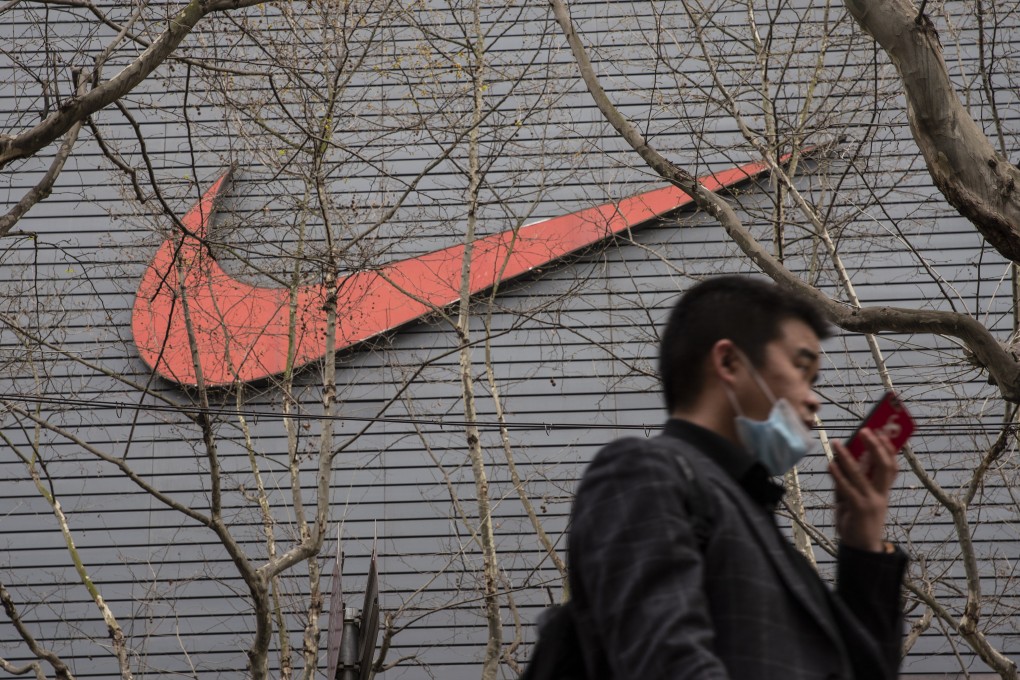Canada probes Nike, Dynasty Gold over alleged use of forced Uygur labour in China
- Agency is examining human rights complaints about Canadian companies abroad
- Beijing has repeatedly denied the use of forced labour against Uygurs in Xinjiang

Canada’s corporate ethics watchdog on Tuesday launched separate investigations into Nike Canada and Dynasty Gold to probe allegations that they used or benefited from forced Uygur labour in their supply chains and operations in China.
The investigations were launched after an initial assessment of complaints about the overseas operations of 13 Canadian companies filed by a coalition of 28 civil society organizations in June 2022.
A report by the UN human rights chief said last year that China’s treatment of Uygurs, a mainly Muslim ethnic minority that numbers around 10 million in Xinjiang, in the country’s far west, may constitute crimes against humanity. Beijing has repeatedly denied the use of forced labour against Uygurs.
This is the first such investigation launched by the Canadian agency since it launched its complaint mechanism in 2021. No other Canadian agencies in the past have launched investigations of this kind.
Complaints against the other 11 companies were still being assessed, with reports expected in the coming weeks, according to a statement from the Canadian Ombudsperson for Responsible Enterprise (CORE).
Nike Canada and Dynasty Gold are alleged to have or have had supply chains or operations in China identified as using or benefiting from the use of Uygur forced labour, the Ombudsperson said in the statement.